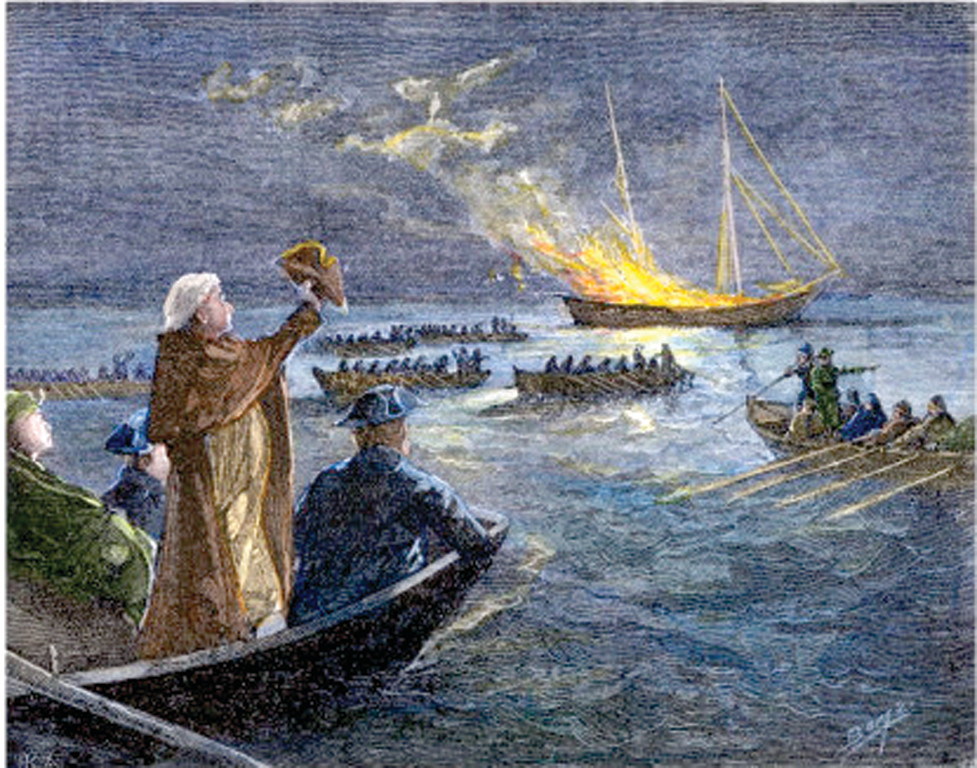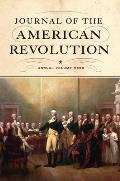Who Wants to Be a General Anyway?
First, the colony named Greene its brigadier general. That was one rung lower than the rank still held by Simeon Potter, major general.
At the same time the legislature commissioned Greene, it also promoted Potter into its upper house, the Assistants.
Those actions might have kept the hot-tempered man content that he was still being respected. The colony still wanted his cooperation (and his cannon).
At the siege of Boston, Greene was the youngest general and had the least seniority. But he was still lumped in with the other generals. In June, Nathaniel Folsom reported back to New Hampshire: “Mr. [Artemas] Ward is Capt. General, Mr. [John] Thomas Lieut. General, and the other Generals are Major Generals.” That was their practical pecking order, not their formal ranks.
In July, the Continental Congress listed Greene as a brigadier general, alongside Thomas, William Heath, Joseph Spencer, John Sullivan, and others. In the summer of 1776 Greene became a Continental major general, and that remained his official rank throughout the war.
Here’s another possible factor in Rhode Island’s choice of Greene to command its army in 1775: Nobody else wanted the job.
The army of observation was designated as 1,500 soldiers, smaller than the other three New England colonies. Whoever commanded that contingent was bound to be low man on the totem pole around Boston. And in practice Greene was able to collect only about a thousand men.
For a Rhode Island man of military ambition, it might have seemed more promising to stay home and organize the coastal defense against British naval raids. At least you’d be the biggest fish in the pond.
What’s more, prospects might have looked even more promising at sea. Rhode Island was a maritime society. Many of its leading men were merchant captains who in wartime commanded or invested in privateers. As the example of Simeon Potter showed, that form of warfare could be the path to a life-changing windfall. Even naval captains had a chance at wealthy prizes.
On 12 June, Rhode Island became the first rebellious colony to commission its own navy, making Abraham Whipple the commander over two armed vessels. Whipple seized the Diana, a tender of H.M.S. Rose, off Newport three days later.
In October, Rhode Island’s delegates to the Continental Congress pushed for the creation of a Continental Navy. Ultimately delegate Stephen Hopkins’s brother Esek was appointed the first commander in chief of that branch.
That fall, the Rhode Island assembly (having given up on Simeon Potter) had appointed Esek Hopkins a brigadier general for defense of the colony. But the man jumped at the opportunity to go to war at sea. Because that was probably where he and his neighbors saw the real prestige and money.
In sum, Nathanael Greene might have become a general because senior men in Rhode Island didn’t view that job as important. Nobody foresaw what Greene would make of it.
COMING UP: The New Hampshire army.






